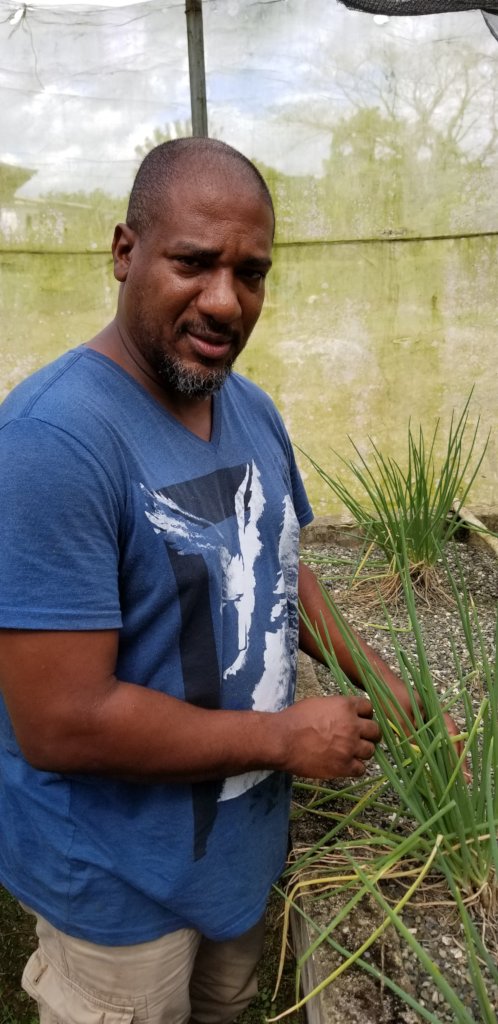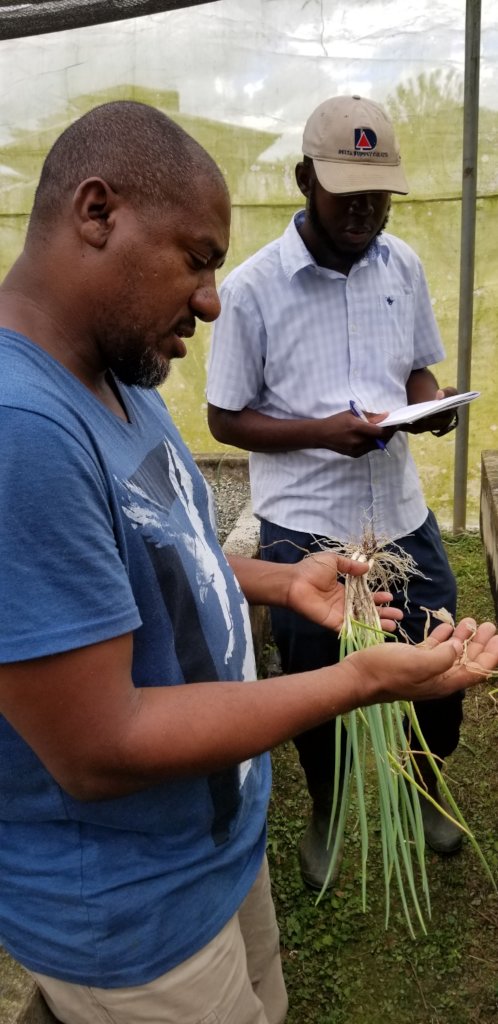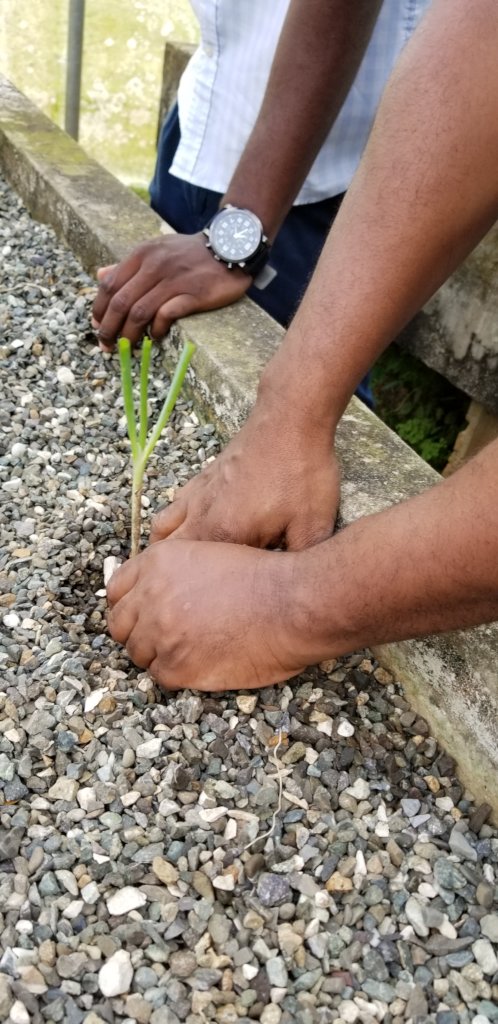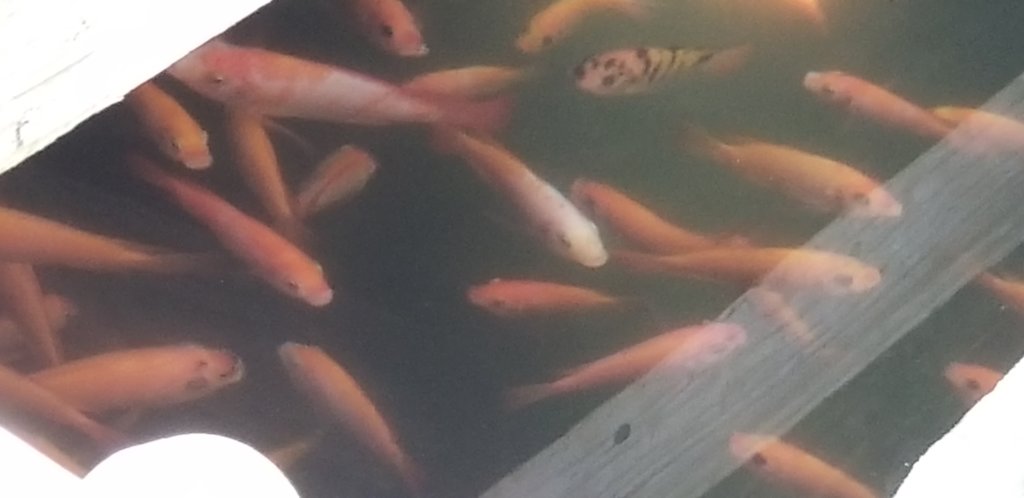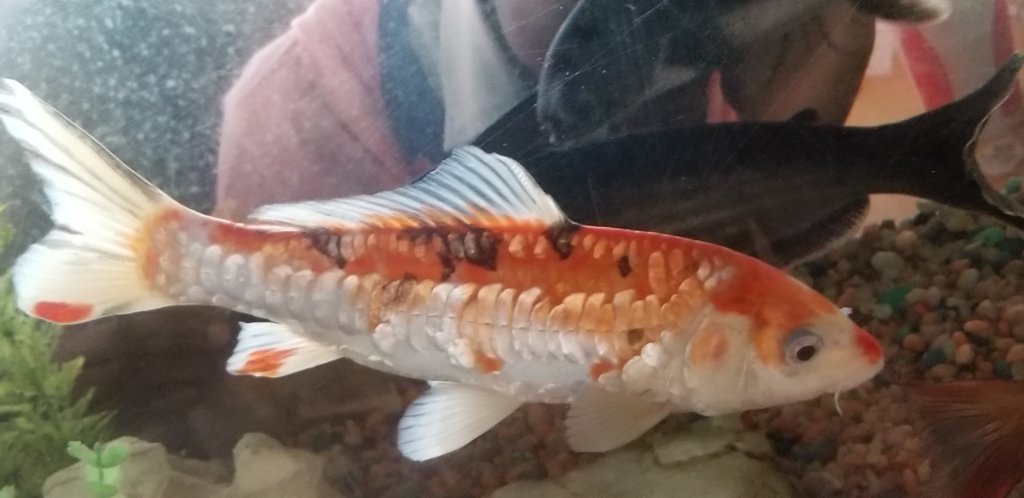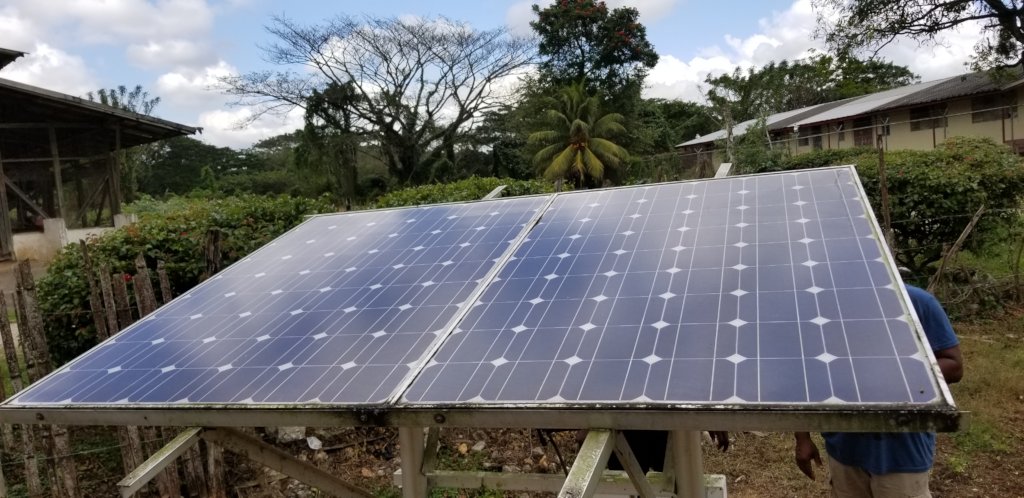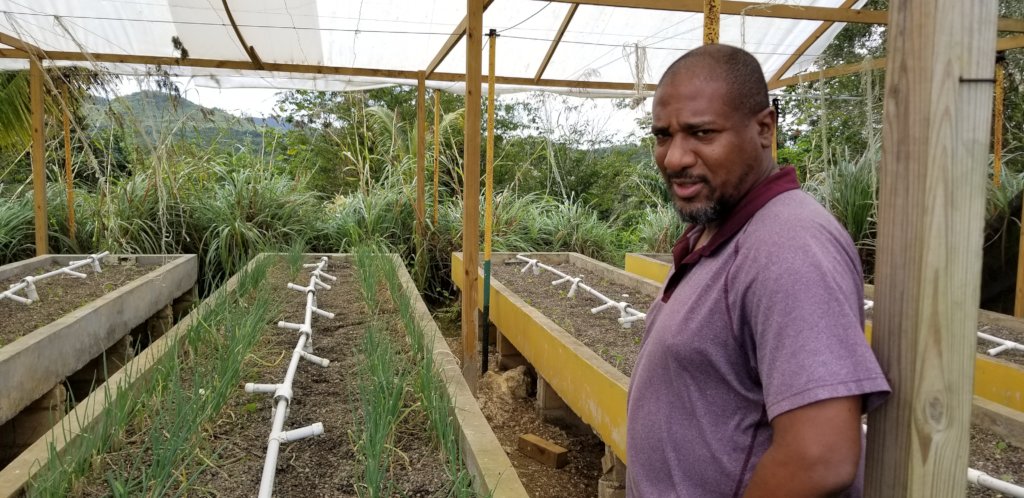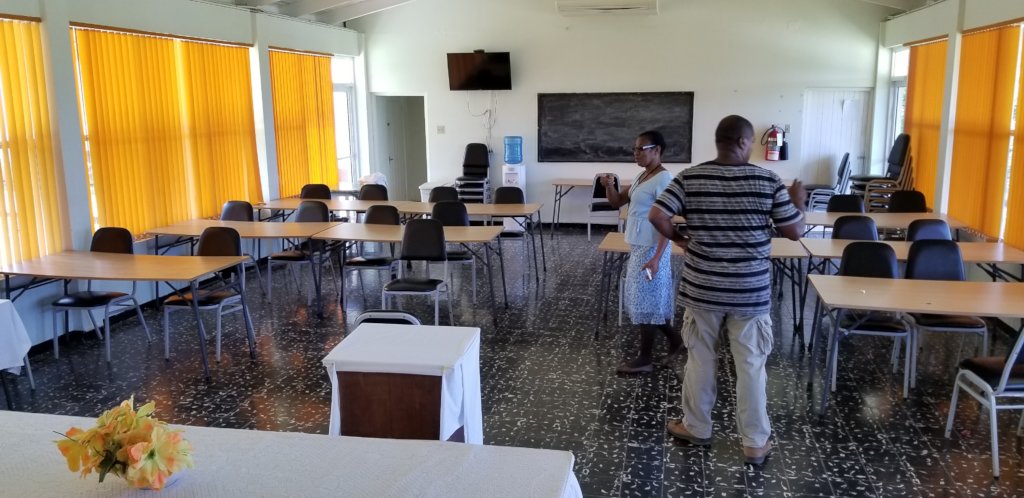By Kristin Callahan | International Programs Director
Since our last report in December 2017, our team has been working with training technology designers, Resonate Learning Consultants, to develop an online training course in aquaponics. Online training is the first step for farmers participating in INMED’s Increasing Access to Climate-Smart Agriculture (IACA) program. The training includes technical information about aquaponics, how to apply for a loan and how to write a business plan. The online training course will be pilot tested in February and March 2018.
In early March, our INMED Caribbean team will deliver the first aquaponics training workshop for future trainers, Jamaican extension agents from the Rural Agricultural Development Authority (RADA) who provide support to farmers throughout the country. The workshop will include classroom training as well as a hands-on demonstration with INMED’s aquaponics system. The RADA agents will play a key role in providing critical feedback on our online and workshop training program and ensuring the IACA program is sustainable by providing ongoing technical assistance for farmers in the future.
In addition to the training activities, INMED Caribbean is working with local banks and financial institutions to make loans available to IACA program participants. These low-interest loans will help farmers provide the necessary investments to start their aquaponics businesses, including covering costs for construction crews, supply inputs and materials needed to build and begin operating the commercial aquaponic systems.
Several smallholder farmers and other individuals have already registered for the IACA program. After completing the online training, which will be available to the public in April, farmers will participate in their first aquaponics workshop in May.
There is still much to do to scale this project to reach more farmers in Jamaica and beyond. We are grateful for your support of our efforts to improve food security, climate-change resilience and economic opportunities for smallholder farmers, women, youth and people with disabilities.
Project reports on GlobalGiving are posted directly to globalgiving.org by Project Leaders as they are completed, generally every 3-4 months. To protect the integrity of these documents, GlobalGiving does not alter them; therefore you may find some language or formatting issues.
If you donate to this project or have donated to this project, you can receive an email when this project posts a report. You can also subscribe for reports without donating.
